Home loans made simple
Breaking down your loan options and what they really mean.
The types of loans
Not all home loans are created equal. You’ll come across variable, fixed, split, and interest-only loans, as well as “basic” loans and more comprehensive “package” loans. Each has its own benefits and trade-offs. For example, variable loans offer flexibility but can change with the market, while fixed loans give repayment certainty for a set period. A split loan combines the two, and interest-only loans can reduce short-term repayments but may not suit long-term strategies.
It’s not just about picking the “cheapest” loan. The right choice depends on your lifestyle, goals, and how you want to manage your money. As your broker, I’ll explain the options in plain English, compare lenders, and help you choose a loan structure that fits both your budget now and your future plans.
LMI (Lenders Mortgage Insurance) and how to avoid it
Lenders Mortgage Insurance (LMI) is a fee that protects the lender if you default on your loan. It’s usually charged when your deposit is less than 20% of the property price, and it can cost tens of thousands of dollars depending on the loan size. While LMI doesn’t benefit you directly, it does allow buyers with smaller deposits to enter the market sooner.
There are ways to reduce or avoid LMI altogether, such as government schemes like the First Home Guarantee, or taking advantage of lender-specific LMI waivers offered to certain professions. I’ll work with you to see whether LMI is avoidable in your situation - or help you weigh up whether paying it now is better than waiting years to save a larger deposit.
When you apply for a home loan, banks don’t just look at your income - they dig into your living expenses, debts, and financial history. They’ll want to know how much you spend on essentials like food and transport, but also discretionary spending like dining out, subscriptions, or holidays. They’ll also factor in liabilities like car loans, credit cards, and buy-now-pay-later accounts.
What banks look at
Every bank has its own way of assessing your application, which is why two lenders might give you very different borrowing amounts. As your broker, I know exactly what lenders look for and how to present your application in the best light. This not only maximises your borrowing power but also increases your chance of approval.
Broker vs. Bank. Who’s really on your side?
It’s easy to assume your bank is the best place to go for a home loan, but banks can only offer their own products. That means you may miss out on better deals elsewhere. A mortgage broker works with multiple lenders, compares your options, and negotiates on your behalf - saving you time, money, and stress.
Most importantly, as your broker I’m on your side. My job is to match you with the right lender and the right loan, not to sell you a single product. I’ll explain the fine print, highlight hidden costs, and make sure the loan you choose supports your long-term financial goals.
Understanding pre-approval vs. unconditional approval
Pre-approval is when a lender gives you an initial “yes” based on a basic assessment of your finances. It gives you confidence when house hunting, but it’s not a guarantee. Unconditional approval, on the other hand, is the final green light - when the bank has fully assessed your application, reviewed the property, and is committed to lending you the funds.
Understanding the difference is critical, especially when making offers on a home. With pre-approval you can shop with confidence, but with unconditional approval you can sign contracts knowing the finance is secure. As your broker, I’ll guide you through both stages, making sure your application runs smoothly so you’re never caught off guard.



